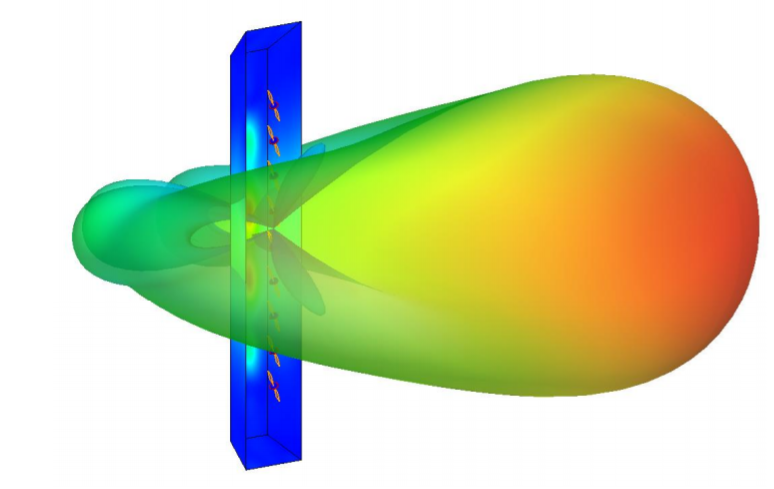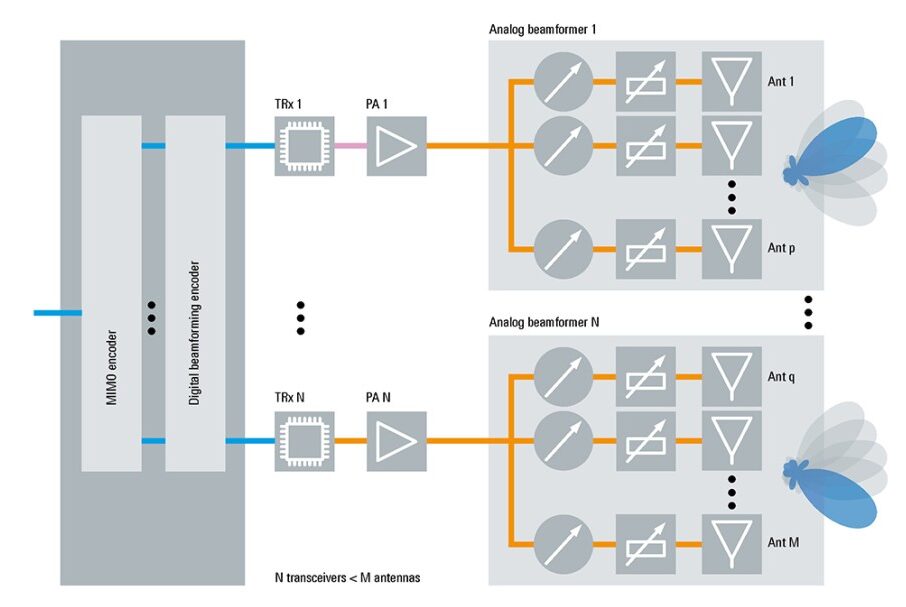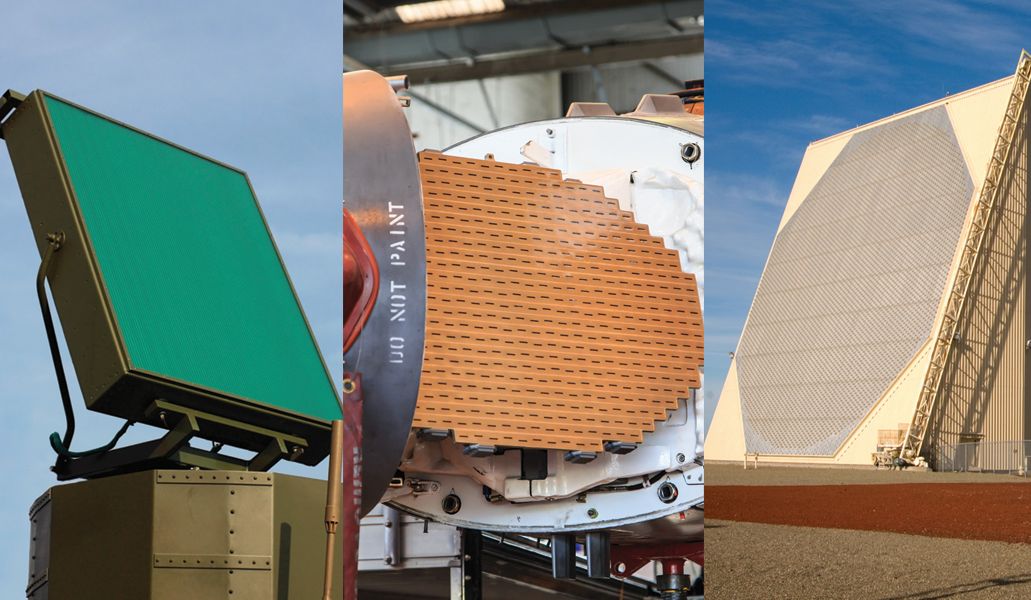-
Name (Acronym)Array Antenna Theory and Synthesis Methods (AATS)
-
Date06 October - 24 October 2025
(3 weeks, 20 hours/week) -
Teacher(s)
-
Contact E-mail2025-2026.LM.AATS.UniTN.TRENTO.IT@eledia.org
-
ECTS6
-
Syllabus
-
Institution
-
Study Program
-
Degree
-
LanguageEnglish
-
Tracks
ABSTRACT
The course introduces the foundations of array antenna theory and practical applications, pointing out their pivotal role in modern wireless communication and sensing systems. Starting from basic concepts, the participants will become aware of the beam-forming principles understanding the relationship between the geometrical (element positions) and electrical (excitation coefficients) parameters of an array antenna architecture with the arising radiation pattern. Through a blend of theoretical lectures and hands-on software exercises, the students will gain proficiency in analyzing and synthesizing various array configurations.COURSE FORMAT
The Course is taught in 🇬🇧️ ENGLISH and offered- On-site
- On-line (synchronous and asynchronous)
COURSE CONTENT
Part 1: ARRAY ANTENNA ANALYSIS
- Introduction to antenna arrays: motivation and principles
- Antenna array analysis in the time and frequency domain
- The array factor function and its figures of merit
- Uniform, uniformly-spaced, and non-uniform array analysis

Part 2: ARRAY ANTENNA SYNTHESIS
- Array antenna synthesis problem formulation: external and internal synthesis
- Synthesis of conventional/regular array antennas
- "Trial & test" synthesis methods: Schelkunoff method, amplitude tapers
- Optimal sidelobe-beamwidth compromise synthesis methods: Dolph-Chebyshev, Taylor, and Zolotarev method
- Pattern matching synthesis methods: Fourier, Woodward-Lawson, iterative projection method
- Synthesis methods for unconventional/irregular array antennas


TEACHING ACTIVITIES
- Theoretical Lessons
- e-Xam Self Assessment (each teaching class or periodically)
- MATLAB Hands-On
- e-Xam Final Assessment
FURTHER READINGS
- C. A. Balanis, “Antenna Theory”, John Wiley & Sons., 2016.
- R. S. Elliott, “Antenna Theory and Design”, John Wiley & Sons, 2003.
- R. J. Mailloux, “Phased Array Antenna Handbook”, Artech House, 2017.
- R. L. Haupt, “Antenna Arrays: A Computational Approach”, John Wiley & Sons, 2010.
(*) Each registered participant acknowledges that the material distributed in the frame of the course, available for the duration of one academic year, is protected by copyright and delivered for educational purposes and personal use only. The participant agrees and undertakes not to forward, publish, disclose, distribute, disseminate - in any form or manner - such a material without written consent of the author(s) of the material. Unless otherwise explicitly allowed by the speaker in written form, no recordings of the online lectures can be made.
Registration Information
| UniTN Students: | Free |
| EXTERNAL Students: |
216 Eu: First course 180 Eu: Every course from the second one |
The fees include the course teaching, video recordings, hand-outs, etc. (*).
Registration Procedure for UniTN Students
Please contact the Student Support Office of your Department/Centre/School to include the course in your study plan.
Registration Procedure for EXTERNAL Students
Step 1: Register a "guest" type account (@guest.unitn.it)
- Should you still not have a UniTN account, you have to register and log in with your SPID identity or CIE (electronic ID card). If you cannot use SPID or CIE, please create your own UniTN account.
Step 2: Enroll to a Single UniTN Course
-
Complete the online application through the dedicated webpage.
In the application form (Section "Teaching Activities") put the following information:- Name of single class/teaching activity: Array Antenna Theory and Synthesis Methods
- Code of single class/teaching activity: 140723
- Degree course to which the teaching activity is associated: [0331H] Ingegneria Civile
- Once received the outcome of the application (1-3 days), login into ESSE3 with your "guest" account user-name and password. Then, pay the bulletin you find in Administrative Office – Payments.
NOTES:
- A vademecum with a step-by-step guide to enroll to a single course at the University of Trento is available here
- For any question on the registration process, please write to didattica@eledia.org
(*) Each registered participant acknowledges that the material distributed in the frame of the course, available for the duration of one academic year, is protected by copyright and delivered for educational purposes and personal use only. The participant agrees and undertakes not to forward, publish, disclose, distribute, disseminate - in any form or manner - such a material without written consent of the author(s) of the material. Unless otherwise explicitly allowed by the speaker in written form, no recordings of the online lectures can be made.
